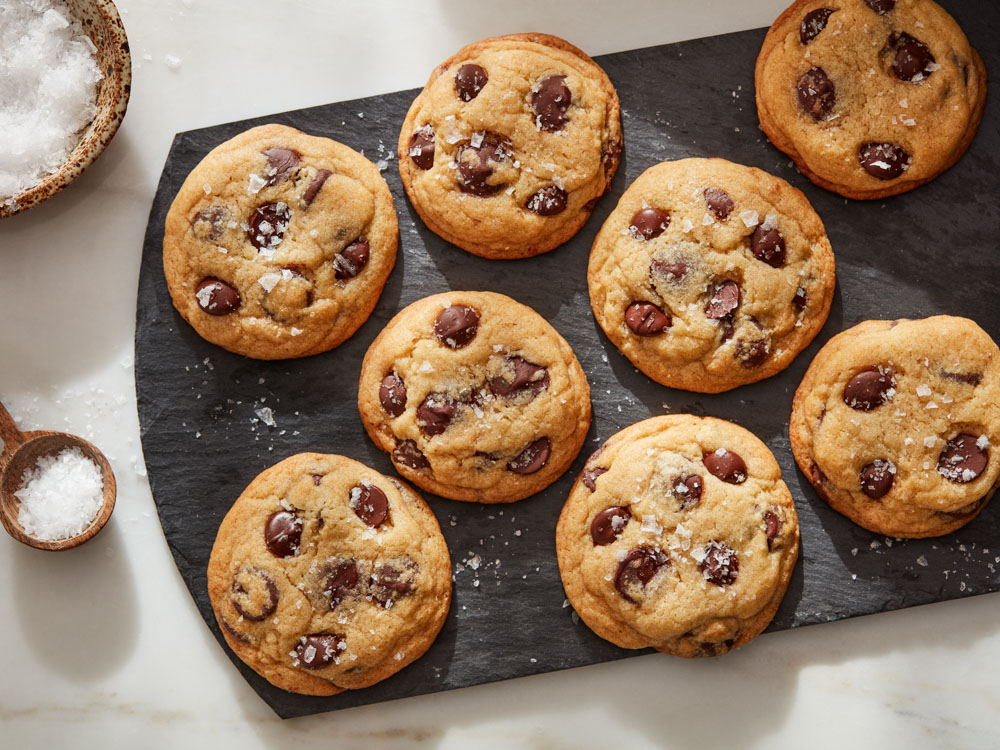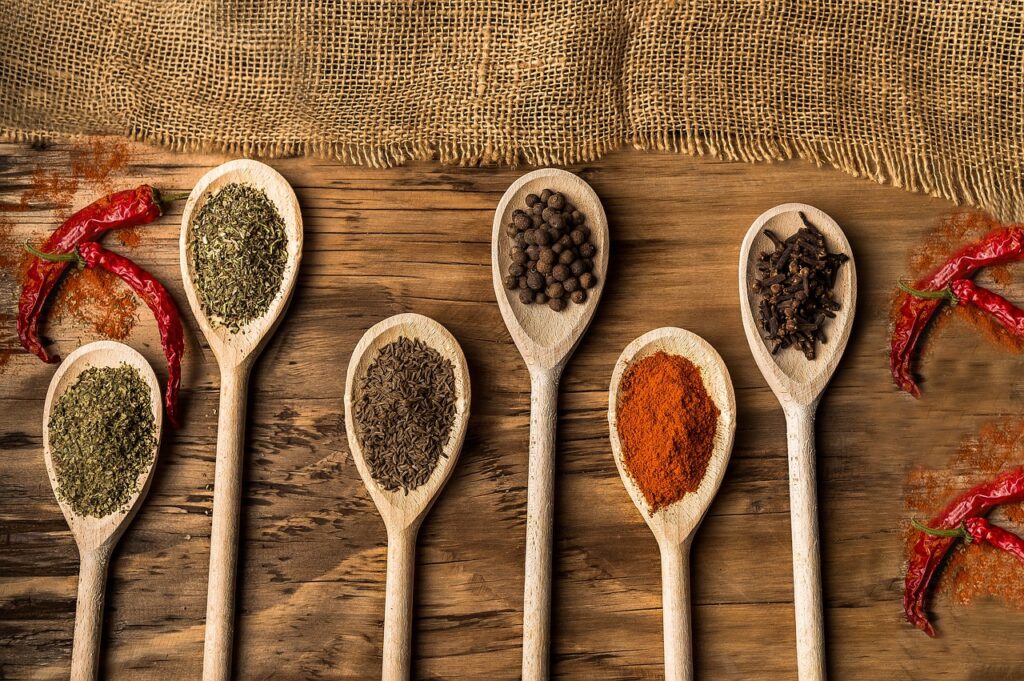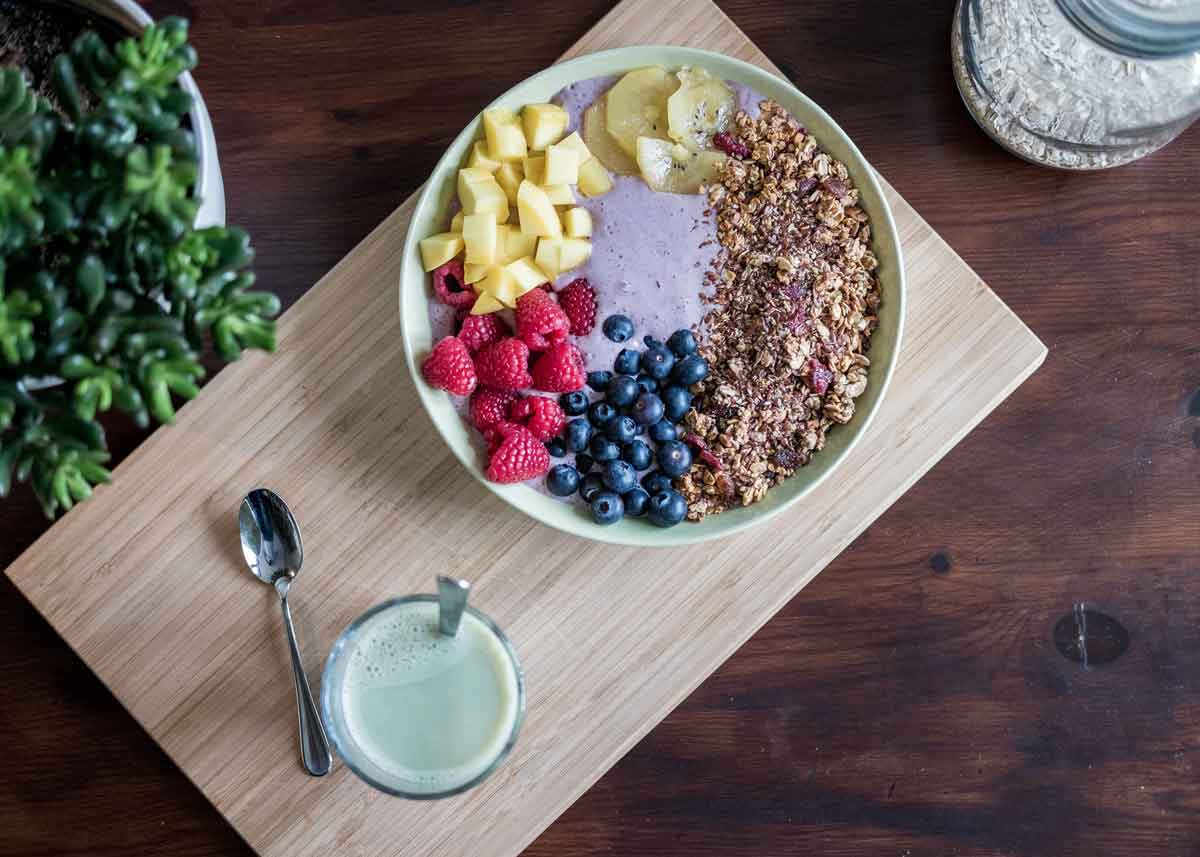The History of Cookies: From Ancient Times to Today

For many people, cookies are the ultimate comfort food—crispy edges, chewy centers, and a touch of sweetness that brings instant satisfaction. But indulging in traditional cookies too often can lead to excessive sugar and calorie intake, which might derail your health goals. The good news is you don’t have to give up cookies to stay healthy. With a few smart swaps and creative recipes, you can enjoy delicious cookies that nourish your body and satisfy your cravings without the guilt. In this article, we’ll explore the world of healthy cookie alternatives and show you how to make smarter choices that still feel like a treat.
Why Choose Healthy Cookie Alternatives?
Traditional cookies are usually made with refined flour, butter, and large amounts of white sugar. While tasty, this combination offers little nutritional value. Over time, consuming too many of these ingredients can contribute to weight gain, increased blood sugar levels, and poor energy regulation. Healthy cookie alternatives, on the other hand, are made with nutrient-rich ingredients like whole grains, healthy fats, and natural sweeteners. They can provide fiber, protein, vitamins, and minerals—helping you stay fuller longer and avoid sugar crashes. Making the switch doesn’t mean sacrificing flavor; in fact, many people find that healthy cookies are just as satisfying, if not more so.
Swapping Ingredients for Better Nutrition
One of the easiest ways to create healthier cookies is by substituting some of the traditional ingredients with more nutritious options. For instance, using almond flour or oat flour instead of all-purpose flour increases the fiber and protein content. Coconut oil or mashed avocado can replace butter, offering healthy fats without compromising texture. Instead of white sugar, try sweetening your cookies with mashed bananas, dates, maple syrup, or raw honey. These natural sweeteners not only reduce refined sugar intake but also add their own unique flavors. Using flax eggs (ground flaxseed mixed with water) can make your cookies vegan while providing extra omega-3 fatty acids.
Popular Healthy Cookie Recipes to Try
One of the best things about healthy cookies is their versatility. You can tailor recipes to suit your dietary preferences—whether you’re gluten-free, vegan, keto, or just trying to eat cleaner. Here are a few healthy cookie recipes worth trying:
Oatmeal Banana Cookies: These simple cookies require just ripe bananas and rolled oats. Add dark chocolate chips or chopped nuts for extra flavor. They’re naturally sweet, soft, and perfect for a quick snack.
Almond Butter Chocolate Chip Cookies: Made with almond butter, a touch of maple syrup, and almond flour, these cookies are rich in healthy fats and low in carbs. The combination creates a chewy, satisfying texture without refined sugar.
Coconut Flour Snickerdoodles: These low-carb cookies use coconut flour and are sweetened with honey or a sugar-free sweetener. A sprinkle of cinnamon adds warmth and nostalgia to every bite.
Chickpea Cookies: Yes, you read that right! Chickpeas can be blended with nut butter, oats, and natural sweeteners to create high-protein, fiber-rich cookies that taste way better than you’d expect.
Benefits of Homemade Cookies Over Store-Bought
While it might be tempting to grab a package of “healthy” cookies from the store, many of these products are still loaded with preservatives, artificial sweeteners, and questionable oils. Making your cookies at home puts you in control of every ingredient that goes into your body. You can adjust sweetness levels, avoid allergens, and experiment with different flavors and textures. Plus, baking your own cookies can be a fun and rewarding activity, especially when you get to enjoy the results warm from the oven.
Keeping Portion Sizes in Check
Even when cookies are made with healthier ingredients, it’s still important to enjoy them in moderation. Because these cookies can be nutrient-dense, they are often more satisfying than their traditional counterparts, making it easier to eat just one or two instead of a whole tray. Try baking smaller cookies or freezing extra dough so you can enjoy freshly baked cookies whenever a craving strikes, without overindulging.
Adding Functional Ingredients for Extra Health Benefits
Why not boost the health benefits of your cookies even further? Adding ingredients like chia seeds, hemp hearts, flaxseed, or even protein powder can elevate your cookie game. These superfoods add nutritional value without altering taste dramatically. For example, adding a tablespoon of chia seeds gives your cookies a dose of omega-3 fatty acids and fiber. Including cocoa nibs instead of chocolate chips delivers rich flavor with added antioxidants and less sugar.
Healthy Cookies for Different Lifestyles
Healthy cookies can be customized to fit nearly any lifestyle. For those following a keto diet, almond flour, coconut flour, and sugar-free sweeteners like erythritol or monk fruit make delicious low-carb cookies. Vegans can substitute eggs with flax or chia eggs and choose plant-based oils or nut butters. Gluten-free eaters can use oats labeled gluten-free or try grain-free flours. The key is understanding your dietary needs and choosing recipes that support them.
Kid-Friendly and Family-Approved
If you’re a parent trying to offer healthier snacks to your kids, cookies can be a great starting point. Involving children in baking not only teaches them about nutrition but also helps them become more open to trying healthier versions of their favorite treats. Kids often don’t even notice when sugar is reduced or ingredients are swapped out, especially when the final result is still sweet, soft, and delicious. Try adding fun mix-ins like dried fruit, shredded coconut, or colorful seeds to make cookies more exciting for little ones.
Smart Storage and Shelf Life Tips
Healthy cookies, especially those made without preservatives, have a shorter shelf life than commercial options. To keep them fresh, store in an airtight container at room temperature for up to 3 days. For longer storage, refrigerate or freeze your cookies. You can even freeze the dough in pre-portioned balls, so you can bake a small batch anytime without wasting ingredients. This makes healthy cookies a convenient option for busy schedules and sudden cravings.
Final Thoughts: A Better Way to Enjoy Cookies
Cookies don’t have to be a guilty pleasure. With the right ingredients and a little creativity, they can be a nourishing part of your diet. Whether you’re trying to reduce sugar, eat more whole foods, or follow a specific lifestyle, there’s a healthy cookie alternative for you. These cookies can offer the same comforting satisfaction as traditional ones, but with added benefits like more fiber, better fats, and less guilt. Once you start baking and tasting these better-for-you treats, you may never go back to the old version. Let your next batch of cookies be a step toward a more wholesome way to enjoy sweetness.











